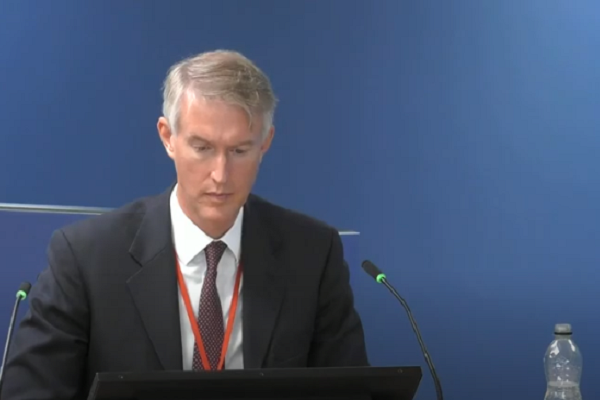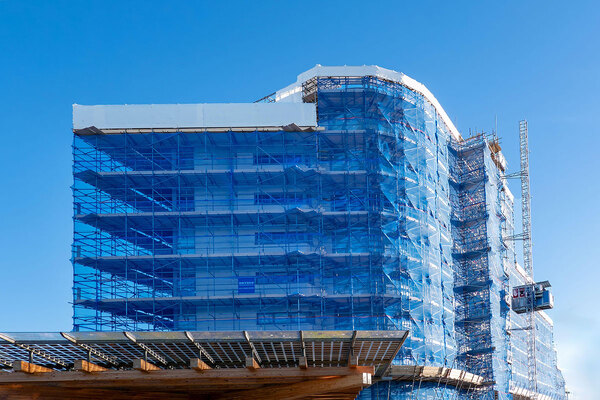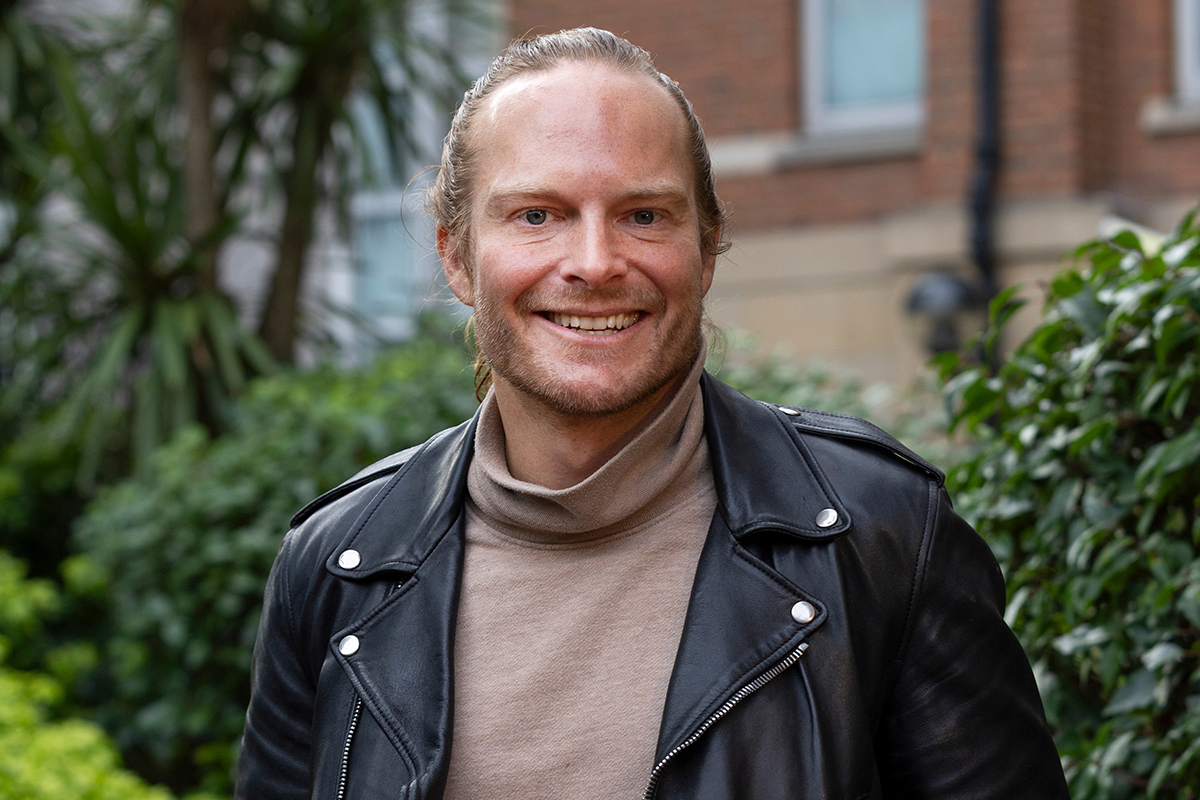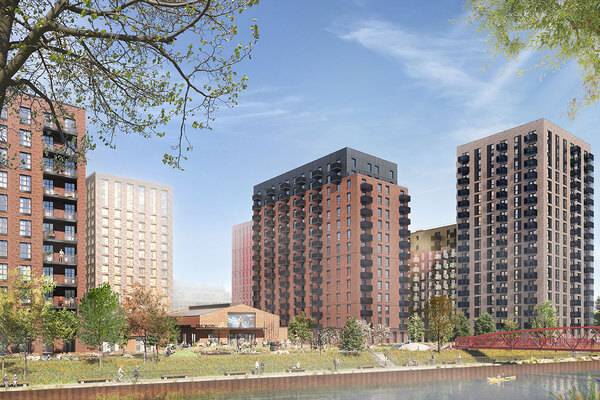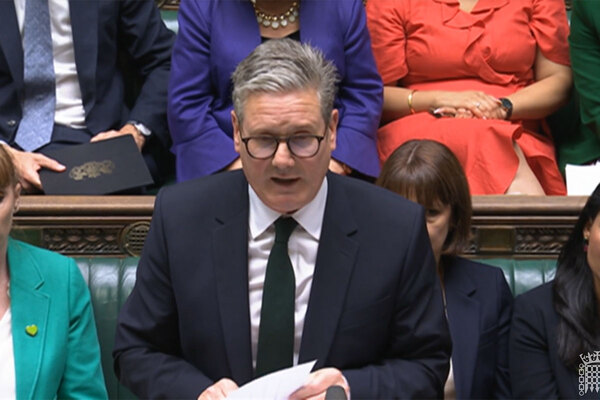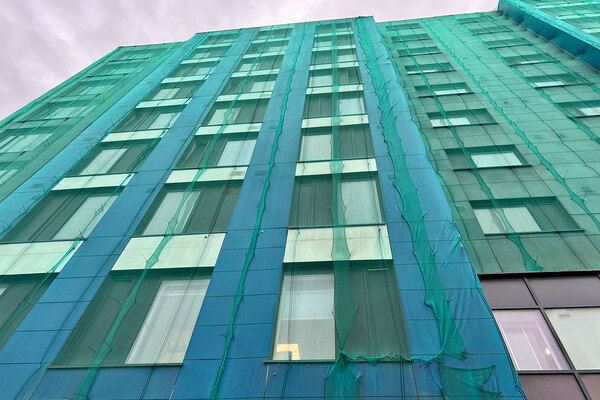Former RBKC leader wrongly accuses Grenfell survivors of making ‘ludicrous’ claims about estate regeneration policy
The former leader of the Royal Borough of Kensington and Chelsea (RBKC) today described claims that residents from regenerated estates would not be guaranteed to return as “ludicrous” and “over-hyped”, before being shown a policy document that confirmed this was the case.
Nicholas Paget-Brown was being asked about accusations made by Grenfell Tower residents in 2013 that the borough’s ‘decant policy’ for estates that would be knocked down and rebuilt represented “social cleansing” because it did not ensure residents would return after it was completed.
He said this was “ludicrous” and described the complaints as “over-hyped and inaccurate”. He said he agreed to meet with Edward Daffarn, the resident who had raised the complaint, so he could “put him right”.
“We were very, very careful – I’d insisted right from the beginning that if we were going to do refurbishments or regenerations of estates which we were going to have to do, there must be a right for all tenants and leaseholders to return to the newly refurbished [estate],” he said.
“And there was no way we would proceed unless that happened, otherwise, there would be social cleansing, which we were very strongly opposed to.”
But he was then shown RBKC’s decant policy, which said the council would “seek to negotiate a right of return for as many affected residents as possible” but “this cannot be guaranteed”.
A guaranteed right of return had in fact been included in the draft version, but was removed from the final version – which is precisely what Mr Daffarn was seeking to raise.
“Something appears to have been inserted to make this less robust than the politicians would have intended,” said Mr Paget Brown when he was shown the document. “I don’t quite know how that got in there but it’s certainly not our view. Our view was that the right to return was unconditional.”
“Looking at it now, do you accept that Mr Daffarn might have had a point?” asked Richard Millett QC, counsel to the inquiry.
“He might have had a bit. I don’t think this is a fascist decant policy but it’s loosely worded and it conflicts with the local plan and it conflicts with the views of members,” said Mr Paget-Brown.
It is understood that the decant policy was in contradiction with the council’s ‘core strategy’ on this issue, which was also in place at the time.
Later in the day, the inquiry heard from Quentin Marshall, another councillor and chair of the housing and property scrutiny committee, which was asked to examine the refurbishment work to Grenfell Tower following a petition signed by residents of the tower.
In an email to the local Conservative MP, he wrote: “This [the refurbishment] is essentially a £100k gift from the state. I’m therefore not massively sympathetic to general ‘it’s all terrible’ complaints.”
The works to Grenfell Tower were funded wholly through RBKC’s Housing Revenue Account – a ringfenced pot of money that is drawn from the rents paid by tenants and sales receipts. It received no additional state funding.
He said some of the residents’ complaints about the refurbishment were “grossly exaggerated” and should be taken “with a large pinch of salt”.
This email was sent before a formal investigation into the complaints due to be held by the Kensington and Chelsea Tenant Management Organisation (KCTMO) board had been carried out.
“Would you accept that in your role as chair of the scrutiny committee you had to keep an open mind on these matters?” asked counsel to the inquiry Andrew Kinnier QC.
“Yes and that’s why I think I said [these were] my initial conclusions,” replied Mr Marshall.
“To the lay eye this may tend to suggest you had formed a relatively firm view at this stage. Would you agree with that?” said Mr Kinnier.
“Yes, but if I may, you omitted this sentence which says I think that the works weren’t absolutely perfect and there will be things to learn and improve on,” he replied.
Further emails showed Mr Marshall saying that “members [of the committee] could be pre-briefed on how to play it” ahead of the session during which this petition had been discussed.
This email was sent in response to representations from the borough’s director of housing Laura Johnson and cabinet member Rock Feilding-Mellen that there was not the “manpower or resources” for a full investigation of the refurbishment, as requested by the petition.
“Was your was your intention to instruct the majority [of Conservative councillors on the committee] of how to play it?” asked Mr Kinnier.
“No, I couldn’t. My colleagues would not take my instruction, even if I sought to give it. That wasn’t the nature of our relationship. They were an entirely independent group of 10 other councillors,” he said.
Earlier, Mr Marshall had described his “frustration” with the process of scrutiny at RBKC, saying it did not have sufficient time to properly scrutinise issues, was provided with “inadequate or insufficient” information by officers and was often told about issues “after the event”.
At the end of his evidence he said he accepted that the committee had “lacked a little humanity” in its scrutiny of the Grenfell Tower refurbishment, and apologised to residents.
Mr Paget-Brown was also asked today about a letter he received from the London Fire Brigade in January 2015 – while the Grenfell Tower work was in its early stages – specifically warning him of the fire safety risk associated with residential refurbishment works.
He forwarded the letter to the borough’s planning department but did not notify officers connected to the refurbishment works under way at Grenfell Tower.
Asked why he had not, he said: “Work was I think by now well under way, and Grenfell Tower had hired fire safety consultants… so I didn’t think we needed to worry about Grenfell – that was being taken care of.”
In fact, the fire safety consultancy Exova had by this stage stopped being paid by contractor Rydon and was offering only ad hoc advice as a result.
The firm had never completed its fire strategy for the refurbishment, which had not finalised its advice on the impact of the cladding work.
At the end of his evidence, Mr Paget-Brown said he was “now very nervous of high-rise developments in general” and that they are “not always the happiest places to live”.
“I think now I would favour mansion blocks, which do exist in a large part of Kensington and Chelsea, and I think that that would be a better model for future housing,” he said.
He said he was “desperately sorry” to all those in the tower on the night of the fire, adding that he “will never forget what I saw – it was utterly, utterly terrible”.
The inquiry continues.
Sign up for our weekly Grenfell Inquiry newsletter
Each week we send out a newsletter rounding up the key news from the Grenfell Inquiry, along with the headlines from the week
Already have an account? Click here to manage your newsletters

